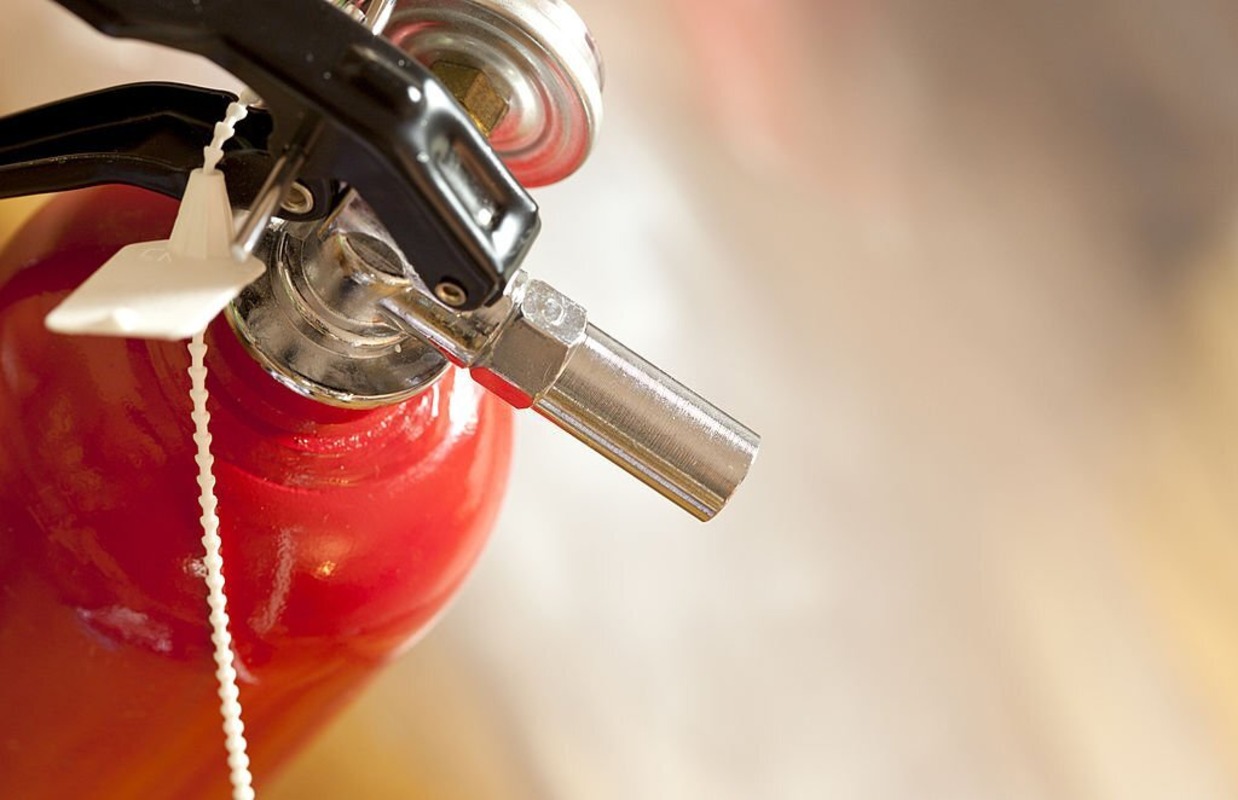Table of Contents
ToggleYou should know all applicable kitchen fire extinguisher regulations if you own or operate a restaurant. Failure to abide by local fire safety laws may result in excessive penalties, property damage from fires, injuries, or even the closure of your fire protection company Toronto.
Fire suppression systems are not the first line of defense against fire in commercial kitchen operations. This does not imply, however, that owning and maintaining the appropriate fire extinguishing apparatus is not crucial. A kitchen fire is inevitable because cooking appliances run at extremely high temperatures and can release fumes that are grease-filled.
Fire suppression systems often put out kitchen fires fast and safely. However, there may come a moment when you or one of your staff members have to put out a kitchen fire using a fire extinguisher to prevent it from spreading. Make sure the fire extinguishers in your business kitchens are up to code if you care about fire safety. In case of any hurdle, do consult with a fire protection company Toronto to get the best fire extinguisher operators right there for you.
What Fire Extinguishers Should You Use for a Restaurant Fire?
You might be shocked to hear that fire extinguishers are made to fight several kinds of fire risks if you are new to fire safety. Highly flammable liquids, such as cooking oils or grease accumulation, are a significant source of fuel for flames in commercial culinary operations. Only Class K smoke detectors will be able to extinguish these Class K flames. Make sure your business kitchen has the appropriate fire extinguishers as your first line of fire defense. The label on the tank that identifies the type of fire extinguisher you have should be easy to find.
Never presume that any of your fire extinguishers will put out a kitchen fire. Cooking fires won’t be put out by water or other types of extinguishers, and they can even spread and do additional harm to your fire protection company Toronto. Kitchen fires that are stoked by combustible liquids, hot cooking surfaces, and grease-laden fumes may quickly escalate out of control.
You must have the right fire prevention equipment in place in case of a fire. Not only is it a recipe for catastrophe to not have the right tools, but it is also careless. Also, do not get away from getting top-notch CCTV installation services for the restaurant so that the cause of the fire could be investigated later.
What Steps Must You Take to Safeguard My Restaurant?
In terms of fire safety, having only Class K fire extinguishers is insufficient. What more can you do to improve fire safety and encourage safety in your commercial kitchens? Along with having a suitable fire extinguishing system, you should routinely do the following two tasks:
Inspection and Upkeep:
All fire suppression systems, including your fire extinguishing system, must undergo routine inspection and maintenance. To stay in compliance with local fire rules, you will also need to regularly examine and repair your fire alarms, cooking appliances, exhaust duct systems, and other items.
To make sure you are in compliance with local laws, local authorities have the right to check your commercial kitchen at any time. Your fire prevention system’s many components will require various levels of inspection and upkeep. Don’t assume that your fire extinguishers or fire alarms will need to be inspected and maintained on a semi-annual basis just because your fire suppression system does.
Coaching:
If your staff is unable to operate the excellent fire safety equipment you have, it adds little to no value to your fire protection company Toronto. Every employee and kitchen staff member must get training in accordance with NFPA 96 standards on how to operate portable fire extinguishers, as well as how to manually activate the fire suppression and extinguishing systems in the kitchen.
To stay in compliance with NFPA 96, employers must offer yearly training to their staff members. Training employees is a very significant matter. After all, the likelihood that they will need to act in the case of a fire is high. Correct training lowers errors and improves results.
Stay Safe!!!








